5 Biggest Differences Between 'The Long Walk' & Stephen King's Book
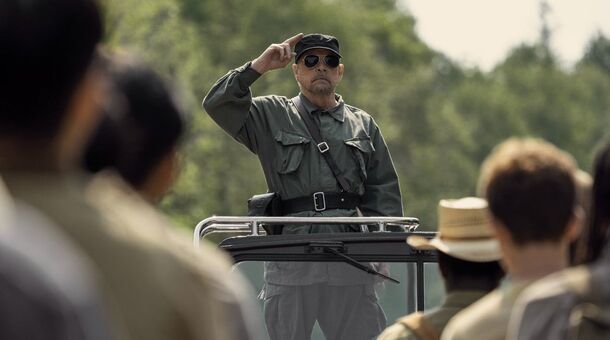
Changes in Raymond's motivation, another winner, and the fate of the Major.
For nearly half a century, Stephen King fans have been waiting for a film adaptation of one of his darkest and most psychologically intense works, The Long Walk.
The movie has finally been released, but as is often the case with adaptations of King's books, it brings with it a number of significant changes.
1. The Number of Participants in the Long Walk Has Decreased
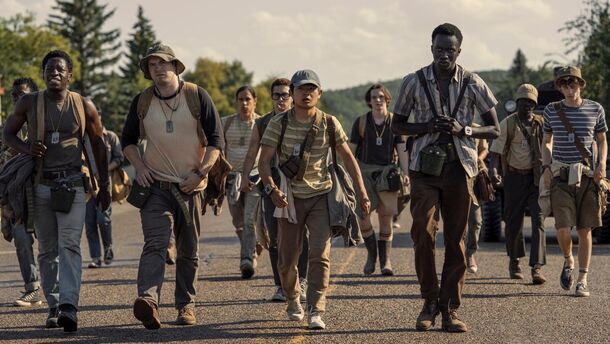
Raymond participates in the Long Walk, a single-elimination marathon in which losers face the death penalty. During the marathon, stopping for extended periods of time and slowing down below a certain speed are prohibited.
Raymond finished 47th out of 50 participants. In the book, the competition is larger, with 100 marathoners.
2. Stebbins Moved up From Second Place to Third
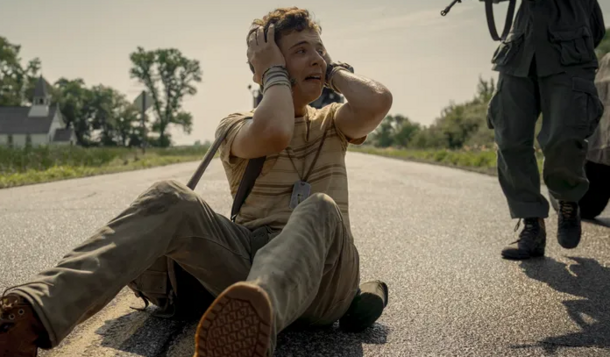
In the movie, Stebbins was one of the final three walkers. It turned out that he was the Major's illegitimate son, and he wanted to win a personal meeting with him.
During the marathon, Stebbins fell ill. He developed a fever and cough, and it became increasingly difficult for him to breathe. When he felt like he was about to collapse, he stopped, accepted his fate, and looked into the eyes of the soldier who executed him.
In the film, Stebbins placed third, but in the book, he finished second and made it to the end. In the novel, Stebbins died of exhaustion while still walking, which was one of the most horrific moments.
3. Raymond Had Other Motivations for Joining the Long Walk
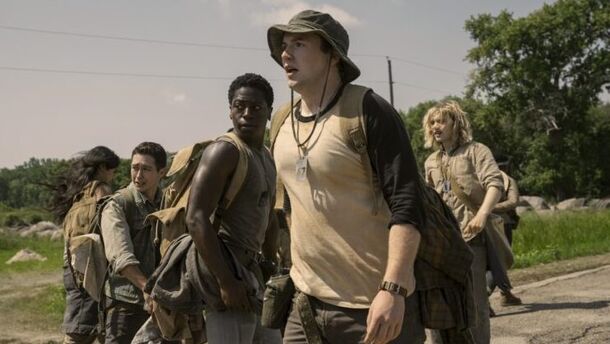
The Long Walk typically featured boys who were willing to risk their lives for money. In the film, however, Raymond was driven by revenge. The Major had killed Raymond's father for expressing opposing views.
Raymond hoped to win and request a gun as a prize so he could shoot Major on the spot. In the book, there was no revenge plot, though Raymond's father was also arrested for his "wrong" views.
4. Another Fate for Peter and Raymond
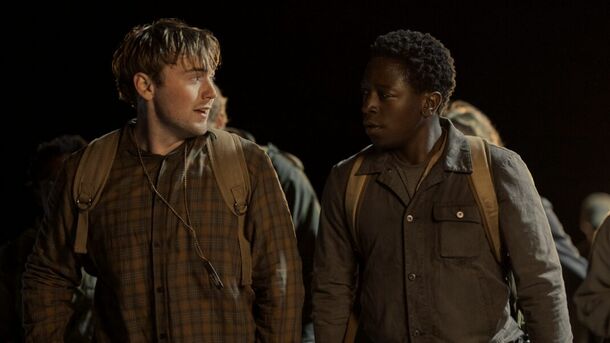
In the movie, Raymond and Peter finally reached the finish line. Suddenly, Peter sat down in the road, intending to let his friend win. Peter decided to sacrifice himself so that Raymond could get revenge on Major and return to his mother.
However, Ray prevented him from doing so and died himself. Peter then killed Major and continued on.
In the book, Peter died even before Stebbins. When he realized he couldn't go any further, he sat down in the road and accepted his fate. Peter finished third, and Raymond won.
As people began congratulating him, he thought he saw another participant ahead of him in the distance. Raymond continued on, following a dark figure – or perhaps an illusion.
5. The Major's Death
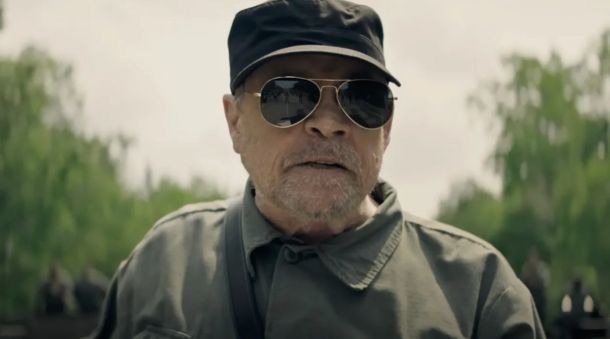
In the book, McVries does not use a wish to kill Major.
In the novel, Major is alive and displays humanity when he is shaken by Raymond's mental state. This removes his image as a faceless symbol of the system and adds depth.
